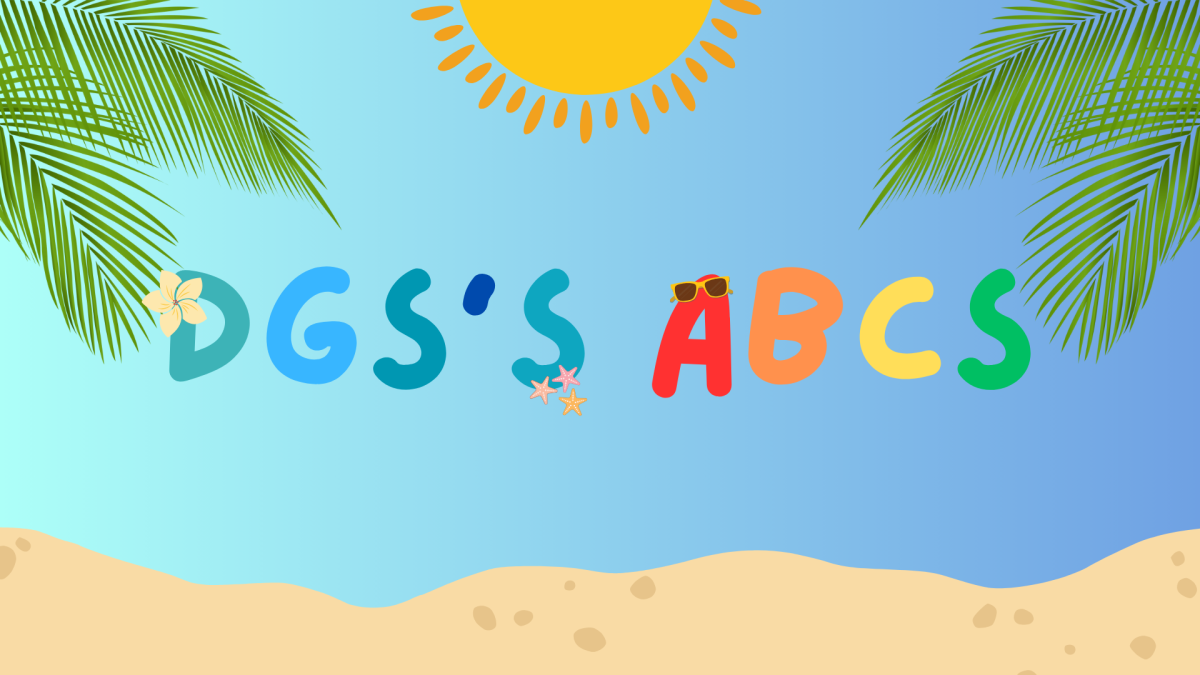Let’s cancel ‘cancel culture’
March 4, 2020
In the modern digital age, it has become increasingly challenging to enforce set boundaries of internet regulation among social media users. Structured with the largely uncensored ability to express one’s own thoughts and opinions, the social media landscape constantly reinvents itself to accommodate the discussion and distribution of content around the world. With the opportunity to interact with a vast online community comes the responsibility to engage in these interactions respectfully.
Unfortunately, this crucial responsibility is regularly neglected by social media users, which can lead to dangerous outcomes both on and offline.
The adverse effects of the recurring online movement known as “cancel culture” is a prime example of how a lack of responsibility and respect among users results in internet chaos. Made popular by the Twitter trending page, cancel culture can be best described as a bandwagon of hate directed toward a celebrity or internet personality after they have been exposed for committing an injustice that the general public finds offensive. These injustices largely arise in the form of leaked text or audio messages, resurfaced tweets from years past or private videos made public by hackers.
Celebrities and influencers alike have been canceled on social media for actions and statements ranging across the offense spectrum. From Ariana Grande’s donut-licking scandal of 2016 to Gina Rodriquez rapping the n-word on an Instagram live video to James Charles insinuating that he is afraid to travel to Africa out of fear of contracting Ebola, many big names have received scrutiny at the hands of their online audiences.
While it is warranted to address these issues and use the power of online influence to encourage change and spread awareness against injustices, it is important to recognize the motivations behind why cancel culture is relevant in the modern-day social media space.
Ideally, the intent of cancel culture would not be to “cancel” an offender but to educate them into understanding why their behavior was insensitive and how they can appropriately learn from their ignorance. All too commonly, however, users feed off the negativity presented in these online boycotts to create a hate train of mass cyberbullying targeted at one specific individual. Death threats are oftentimes among the list of obscene proclamations directed toward canceled individuals, which elevate the resented climate to an even more alarming state and can lead to real-life detriments.
From this perspective, social media users’ retaliation against those who are canceled is sometimes more offensive than the exposed behavior of the offender themself.
Because celebrities and internet personalities are so engrossed in popular culture, it can be easy to forget they are — albeit privileged — people. Paired with an already aggressive social media environment, it is clear to see why cancel culture is dangerous to both the mental health and physical safety of these targeted individuals.
In most situations, it is acceptable to hold others accountable for their wrongdoings, mainly those who hold a noteworthy amount of societal influence. But be cognizant that words carry weight, and that behind a username lies a real person who may be affected by unrelenting hate and slander — especially if their mistakes are blown out of proportion.




Catie • Jan 31, 2022 at 1:24 pm
I really enjoyed this article. Helped me with my persuasive speech that yes, cancel culture is detrimental to today’s society and we as a whole should develop better and efficient ways to hold others accountable without blowing anything out of proportion 🙂
leslie • Aug 23, 2024 at 11:09 pm
May i read your persuasive speech?
I forgot • Jan 14, 2022 at 8:49 am
Who cares . . . -_-
jolie • Mar 25, 2022 at 8:07 pm
Someone who needed it for a argumentative essay??
Logan • Feb 15, 2023 at 2:17 pm
SAME BRO!!!!
Ali • Jun 3, 2024 at 6:48 pm
SAMEEEE!!!!!
yuh yuhyuh • Apr 26, 2021 at 1:25 pm
Yuh
Will • Feb 26, 2021 at 9:39 pm
This.
This exactly.
Nowhere in the constitution is there allowed a court of public opinion. When people are getting fired based on lies and propaganda, without being able to defend themselves, then the ACTUAL court system should take action. I don’t remember “Twitter” being appointed as judge, jury, and executioner…